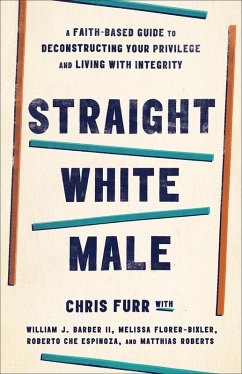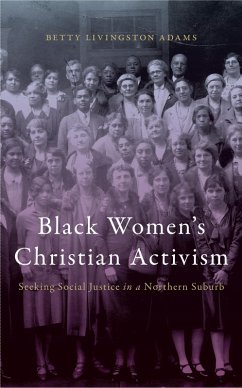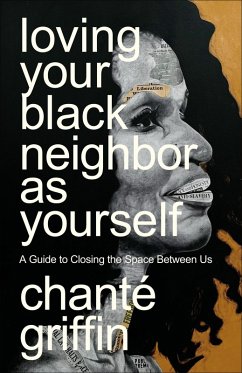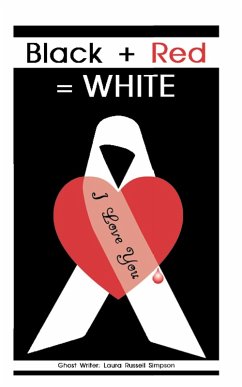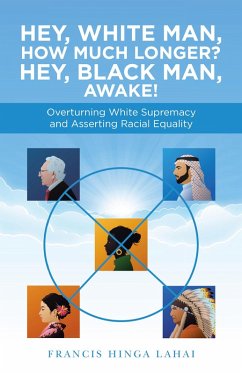
Hey, White Man, How Much Longer? Hey, Black Man, Awake! (eBook, ePUB)
Overturning White Supremacy and Asserting Racial Equality
Versandkostenfrei!
Sofort per Download lieferbar
2,99 €
inkl. MwSt.
Weitere Ausgaben:

PAYBACK Punkte
1 °P sammeln!
This book is written to contribute to the existing discussions about race, racism and racial inequality, discussions that have polarized many societies. It debunks some arguments in "Why Nations Fail" and explains causes of African poverty and the future demise of white supremacy. Many other people have presented arguments that race-based prejudiced persons often use skin colour as a signifier of identity and superiority of race. This illusion has become so deeply entrenched that races such as the Caucasian race, the 'White Man', have demonized the dark skin, to the extent that they feel there...
This book is written to contribute to the existing discussions about race, racism and racial inequality, discussions that have polarized many societies. It debunks some arguments in "Why Nations Fail" and explains causes of African poverty and the future demise of white supremacy. Many other people have presented arguments that race-based prejudiced persons often use skin colour as a signifier of identity and superiority of race. This illusion has become so deeply entrenched that races such as the Caucasian race, the 'White Man', have demonized the dark skin, to the extent that they feel there has never been and will never be a match between the varying skin hues, in the sense that no matter how poor a light-skinned person is or how inefficient they are, the light-skinned person is still better than a successful dark-skinned person or coloured boss. Added to that, skin colour has become a significant trait in the western world to determine who gets employed, who gets convicted, and who gets elected.
Dieser Download kann aus rechtlichen Gründen nur mit Rechnungsadresse in A, D ausgeliefert werden.





